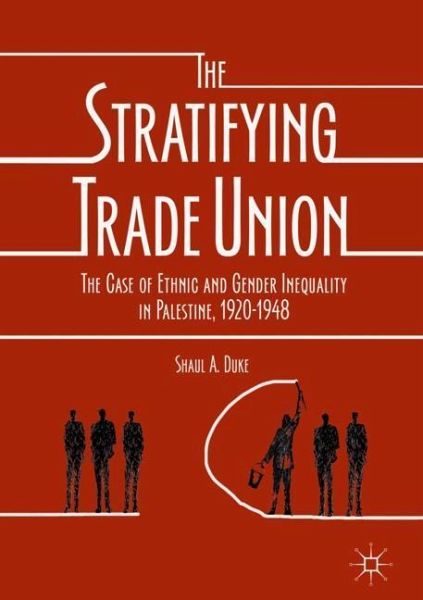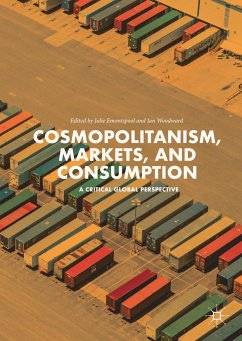
The Stratifying Trade Union
The Case of Ethnic and Gender Inequality in Palestine, 1920-1948
Versandkostenfrei!
Versandfertig in 6-10 Tagen
38,99 €
inkl. MwSt.
Weitere Ausgaben:

PAYBACK Punkte
19 °P sammeln!
This book examines a basic assumption behind most of the critical, progressive thinking of our times: that trade unions are necessarily tools for solidarity and are integral to a more equal and just society. Shaul A. Duke assesses the trade union's potential to promote equality in ethnically and racially diverse societies by offering an in-depth look into how unions operate; how power flows between union levels; where inequality originates; and the role of union members in union dynamics. By analyzing the trade union's effects on working-class inequality in Palestine during 1920-1948, this boo...
This book examines a basic assumption behind most of the critical, progressive thinking of our times: that trade unions are necessarily tools for solidarity and are integral to a more equal and just society. Shaul A. Duke assesses the trade union's potential to promote equality in ethnically and racially diverse societies by offering an in-depth look into how unions operate; how power flows between union levels; where inequality originates; and the role of union members in union dynamics. By analyzing the trade union's effects on working-class inequality in Palestine during 1920-1948, this book shifts the conventional emphasis on worker-employer relations to that of worker-worker relations. It offers a conceptualization of how strong union members directed union policy from below in order to eliminate competition, often by excluding marginalized groups. The comparison of the union experiences of Palestinian-Arabs, Jewish-Yemeni immigrants, and Jewish women offers a fresh look into thelabor history of Palestine and its social stratification.












